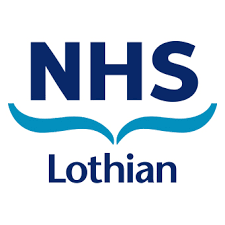- Isolate in side room and follow standard and transmission based infection control recommendations on the intranet.
- Replace electrolytes and fluid.
- Avoid loperamide, opiates and NSAID medication where possible
- If patient is on a PPI/H2 antagonist review if this is still required; stop if possible.
- If patient is septic consider treating with antibiotics as per surgical intra-abdominal infections.
Acute gastroenteritis

Warning
- Stool cultures x3
- Stool for Norovirus PCR (or vomit - do not send vomit for culture)
- Blood cultures if febrile
- Antibiotics worsen outcome in STEC (E.coli 0157) infection.
- Antibiotics can prolong carriage in Salmonella infection.
- Campylobacter/Shigella and Salmonella are usually treated conservatively.
Consider antibiotic treatment for people where Campylobacter/Shigella/Salmonella has been isolated:
- With severe symptoms (high fever, bloody diarrhoea, or more than eight stools per day).
- Who are immunocompromised.
- Whose symptoms appear to be worsening.
- Whose symptoms have lasted longer than 1 week.
| Campylobacter jejuni |
Clarithromycin 500mg every 12 hours orally for 5 days |
| Salmonella/Shigella | Consider discussing with microbiology
|
Likely organisms:Viral, Salmonella, Campylobacter, Shigella, E.coli including STEC (O157).
- Offer HIV testing in patients where Campylobacter/Shigella or Salmonella has been isolated.
- Outbreaks of Shigella have been linked to person-to-person spread among men who have sex with men.